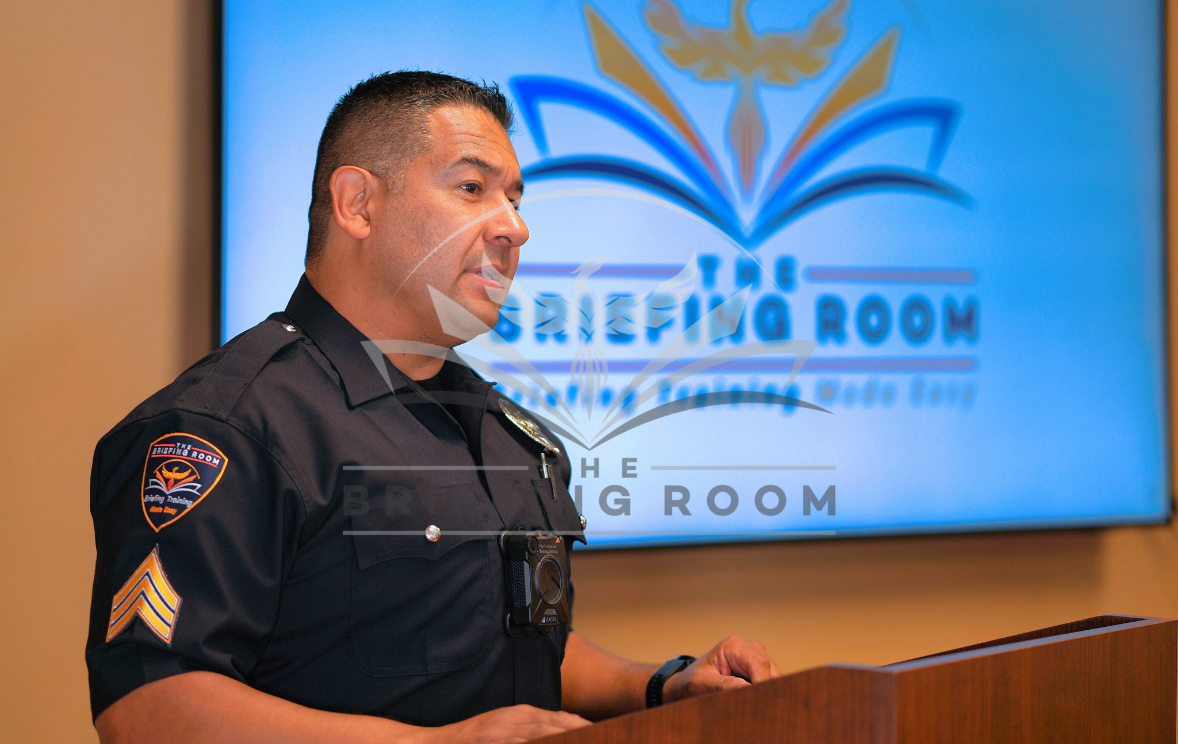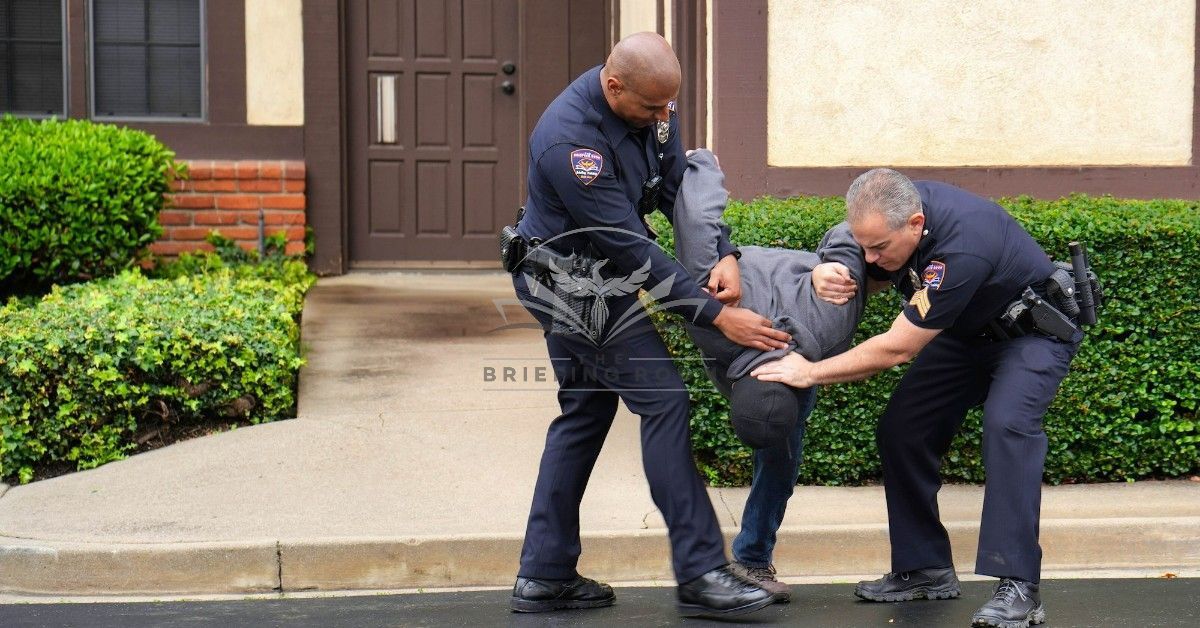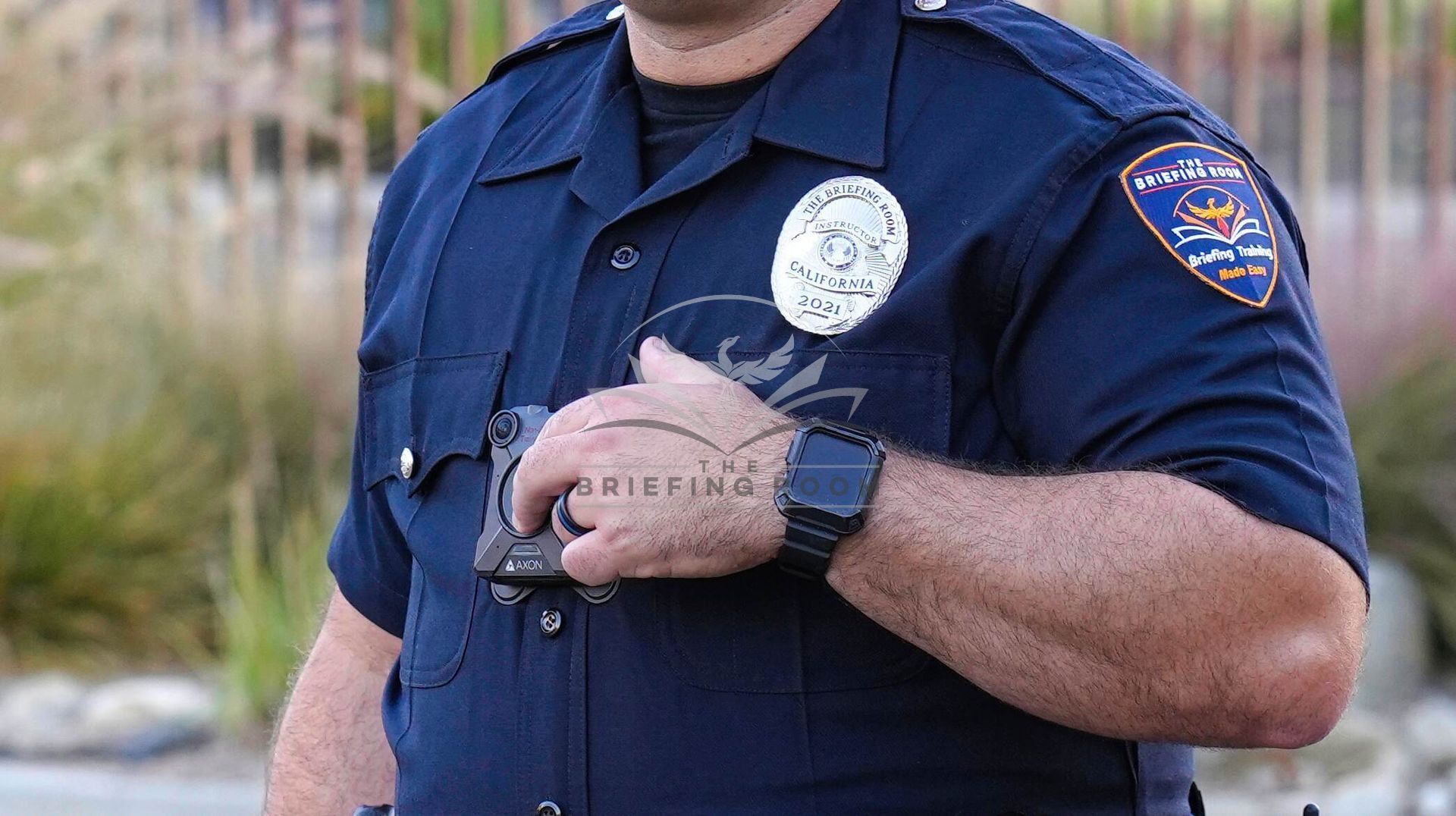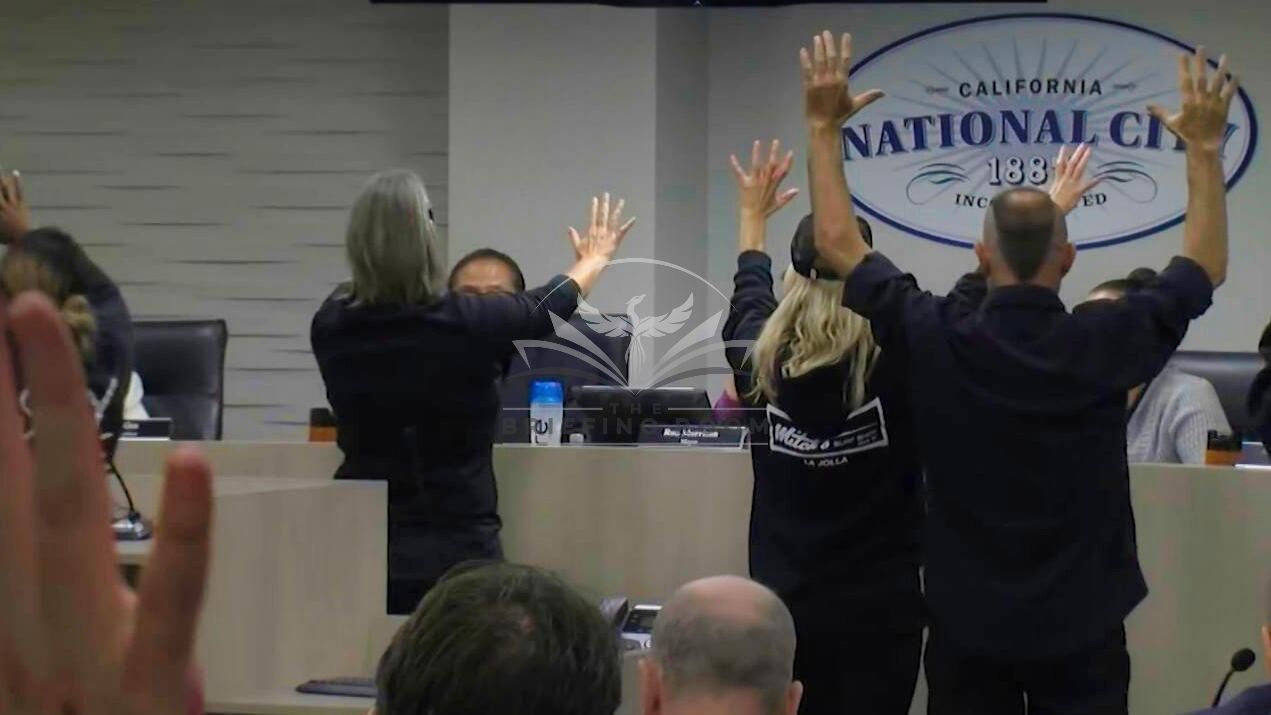Conduct Performance History Audits

After your agency implements use of force data management software or spreadsheets, performance history audits related to use of force should be conducted consistently. Performance history audits of individual officers help supervisors identify warning signs of problematic behavior. They also help identify commendable behavior that might otherwise go unnoticed. Trends that can be analyzed include citizen's complaints, use of force incidents, pursuits, internal affairs investigations and disciplinary reports. Whatever data you choose to track, its important that the data is based on comparing peer group ratios instead of just hard numbers. Using ratios of like groups helps to reduce false flags or false negatives.
Once potentially problematic behavior is identified, it should be handed over to a formal Early Intervention Program within your agency. Early Intervention Programs are non-punitive, proactive interventions designed to correct bad behavior before it turns into policy violations or criminal or civil liability.
As part of the program, an EIP Board should be formed that consists of various subject matter experts include use of force, tactical, report writing, field training and other specialties. The board should meet and develop a customized plan for the employee based on the problems that were identified. Positive indicators like commendations, awards and training records should also be examined and, if possible, the employee should meet with the board, to get a complete picture.
The officer would then be required to attend additional training as recommended by the board and follow-up meetings should take place to ensure the plan is working as intended.
The Briefing Room has a short training video available on this exact scenario so agency supervisors can easily train every officer in your agency on this essential topic.
www.TheBriefingRoom.com
90-Second Training Videos Your Supervisors Use During Briefing or Roll Call To Develop High-Performing Teams of Officers.
✅ Lower Liability
✅ Retain Officers
✅ Build Community Support
🌟 Produced Exclusively by Active-Duty Law Enforcement Instructors 🌟



© 2024 THE BRIEFING ROOM
Site Design by Solmark Creative | Development by Adam Wills Marketing
